Platforms like Twitter/X and TikTok are not easy to replace. But why?
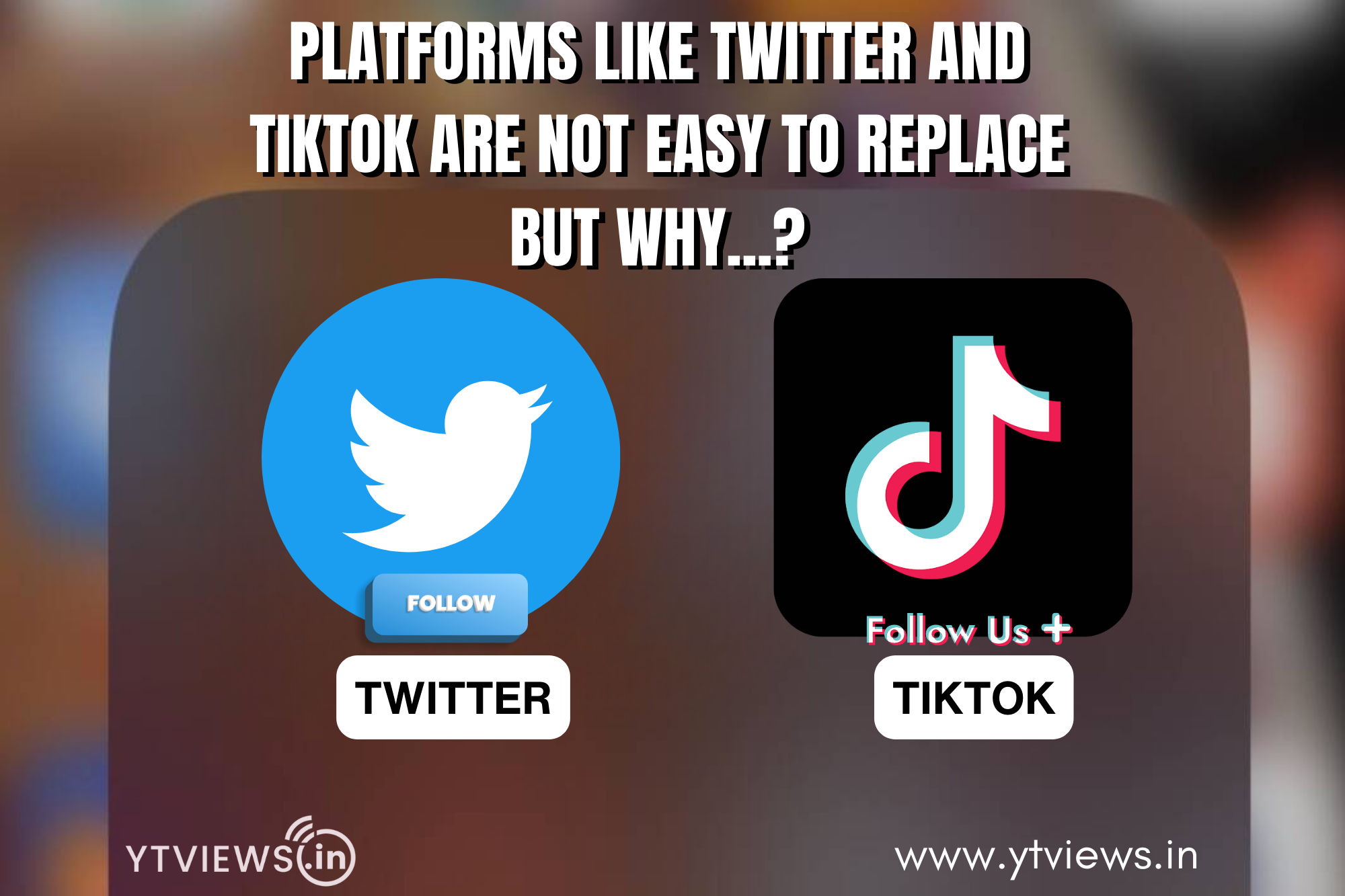 The widespread use of social media platforms such as Twitter and TikTok has significantly transformed how we communicate, entertain ourselves, and do business in modern times. These platforms are integral to the digital landscape due to their ability to generate vast amounts of content and reach millions of people in real-time. Despite their popularity, many individuals question why it is so arduous to substitute them.
The widespread use of social media platforms such as Twitter and TikTok has significantly transformed how we communicate, entertain ourselves, and do business in modern times. These platforms are integral to the digital landscape due to their ability to generate vast amounts of content and reach millions of people in real-time. Despite their popularity, many individuals question why it is so arduous to substitute them.
Twitter and TikTok have an enormous user base
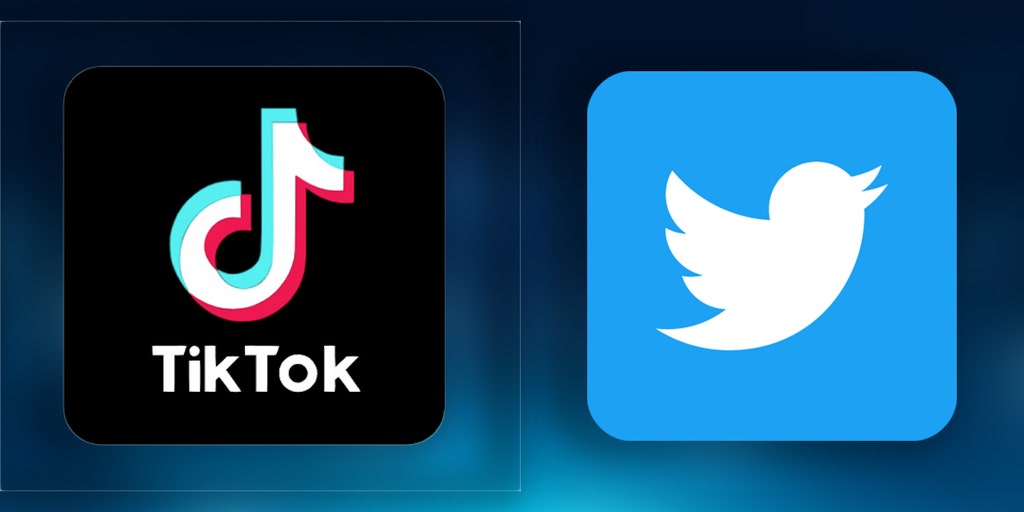
One of the primary reasons why these platforms are difficult to replace is the sheer magnitude of their user base. Twitter, for instance, has over 330 million active users, while TikTok boasts over a billion users. Creating a user base of such size requires time, investment, and significant resources. Any new platform attempting to compete with established platforms possessing a large user base would face the daunting task of convincing users to switch.
The functionality of these platforms is another crucial aspect that makes them challenging to replace. Twitter, for example, is utilized by public figures, journalists, and politicians to communicate and disseminate information to a broad audience. It is also a platform where individuals express their views, connect with others, and follow their preferred celebrities. TikTok, on the other hand, has become a centre for short-form video content, including dancing, lip-syncing, and comedy skits, which has propelled some creators to mainstream success. To replace these features, a new platform must provide distinct attributes that are not currently available on the market.
Massive user base corresponds to massive user data
Data is another critical aspect that makes it challenging to replace Twitter and TikTok. These platforms collect a vast amount of data on their users, such as their interests, demographics, and behaviours. This data is valuable to advertisers and companies, and it is used to inform advertising, content recommendations, and political campaigns. Consequently, it is challenging for a new platform to compete without offering better data collection and analysis capabilities.
Finally, platforms like Twitter and TikTok have become cultural institutions in their right. They have created their subcultures, trends, and even their unique language. Replacing this cultural impact would be a significant challenge, as it necessitates building a new community around a new platform from scratch. Although platforms like Facebook and Instagram have replicated some of Twitter and TikTok’s cultural impact, they are not exact replacements.
In conclusion, Twitter and TikTok are challenging to replace due to their massive user base, unique functionality, data collection capabilities, and cultural impact. Any new platform trying to compete would face significant hurdles in convincing users to switch and providing distinct features and capabilities. While there is a possibility of a new platform emerging to challenge Twitter and TikTok’s dominance, it will require substantial investment in time, resources, and innovation.
Related Posts
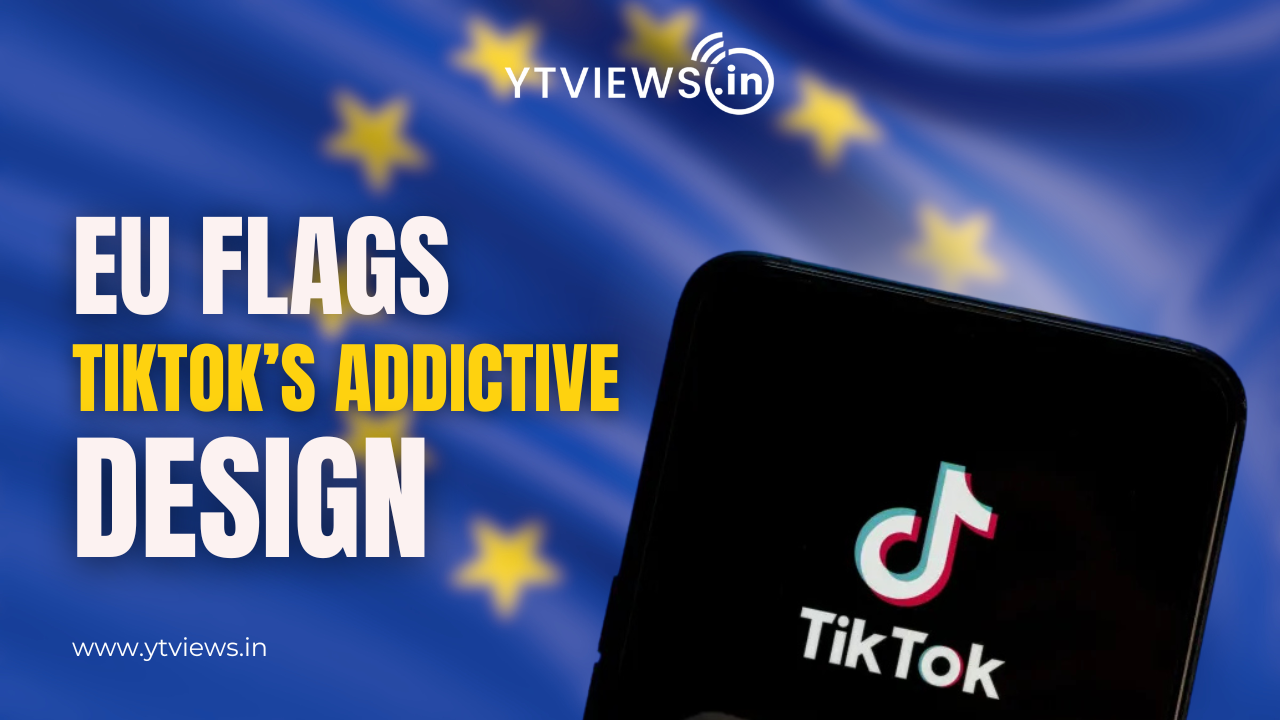
EU Flags TikTok’s Addictive Design Under Digital Service Act
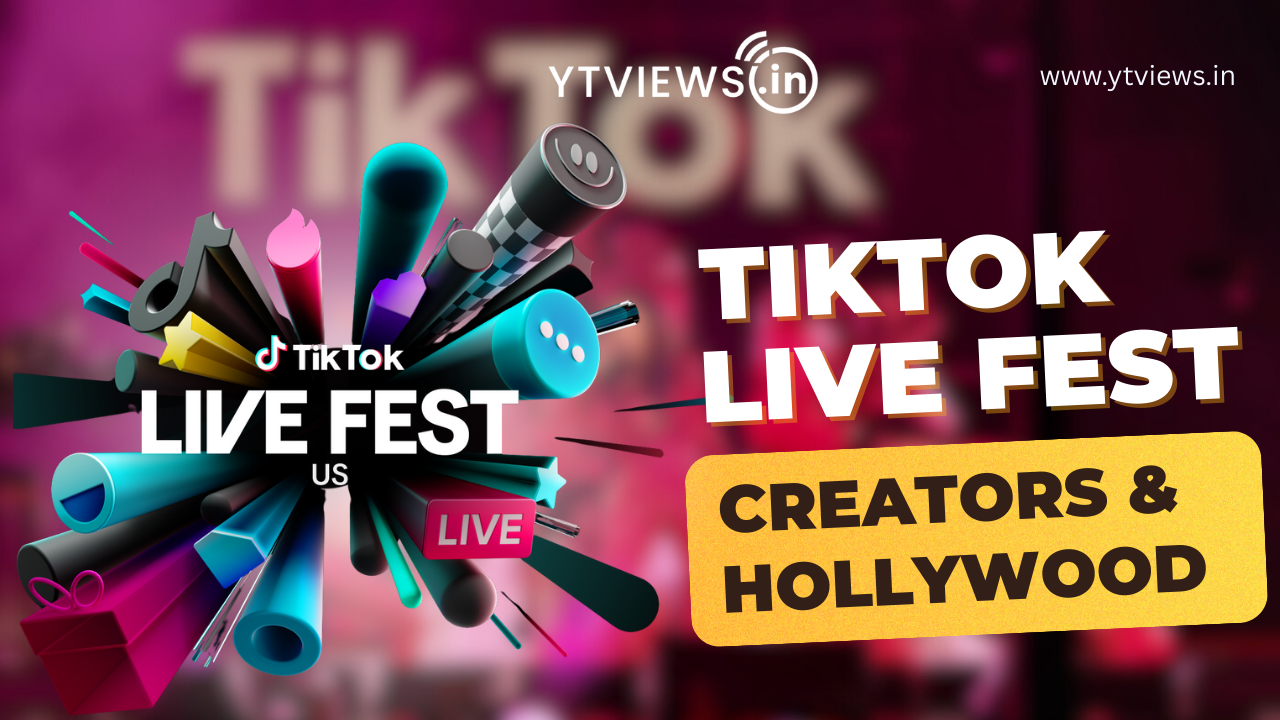
TikTok LIVE Fest 2026 Brings Hollywood and Creators Together
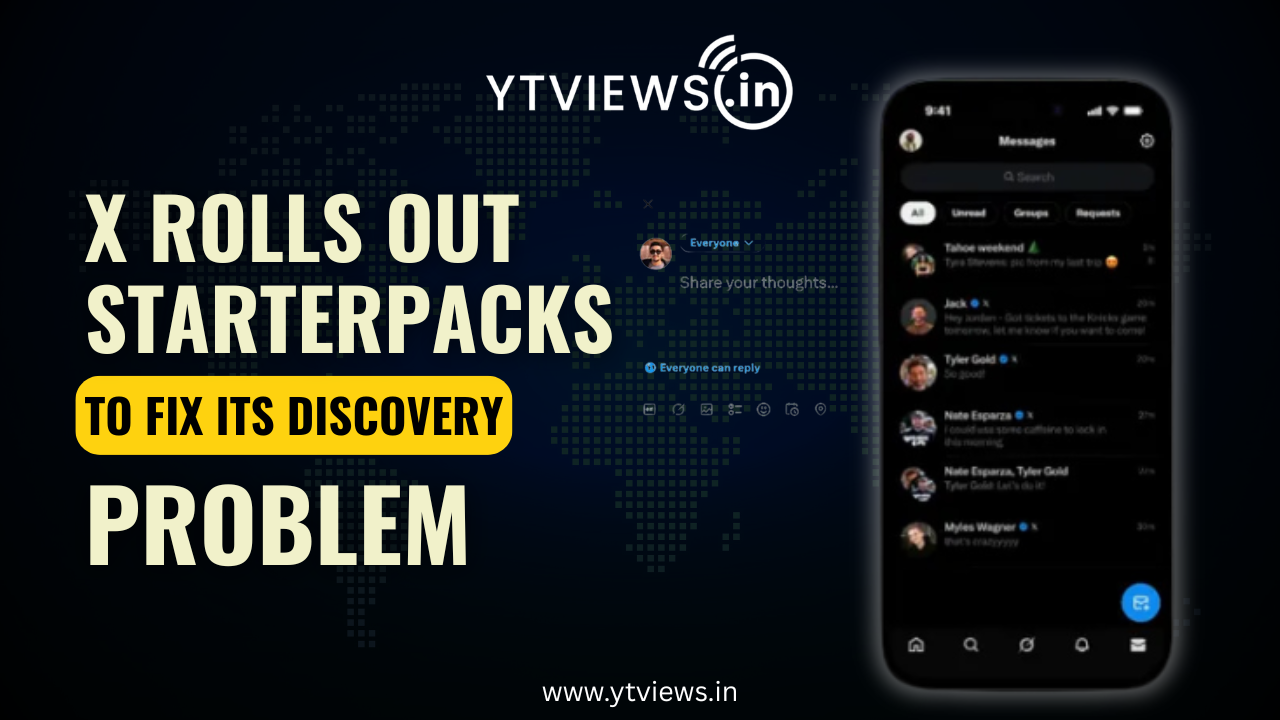
X Rolls Out Starterpacks to Fix Its Discovery Problem
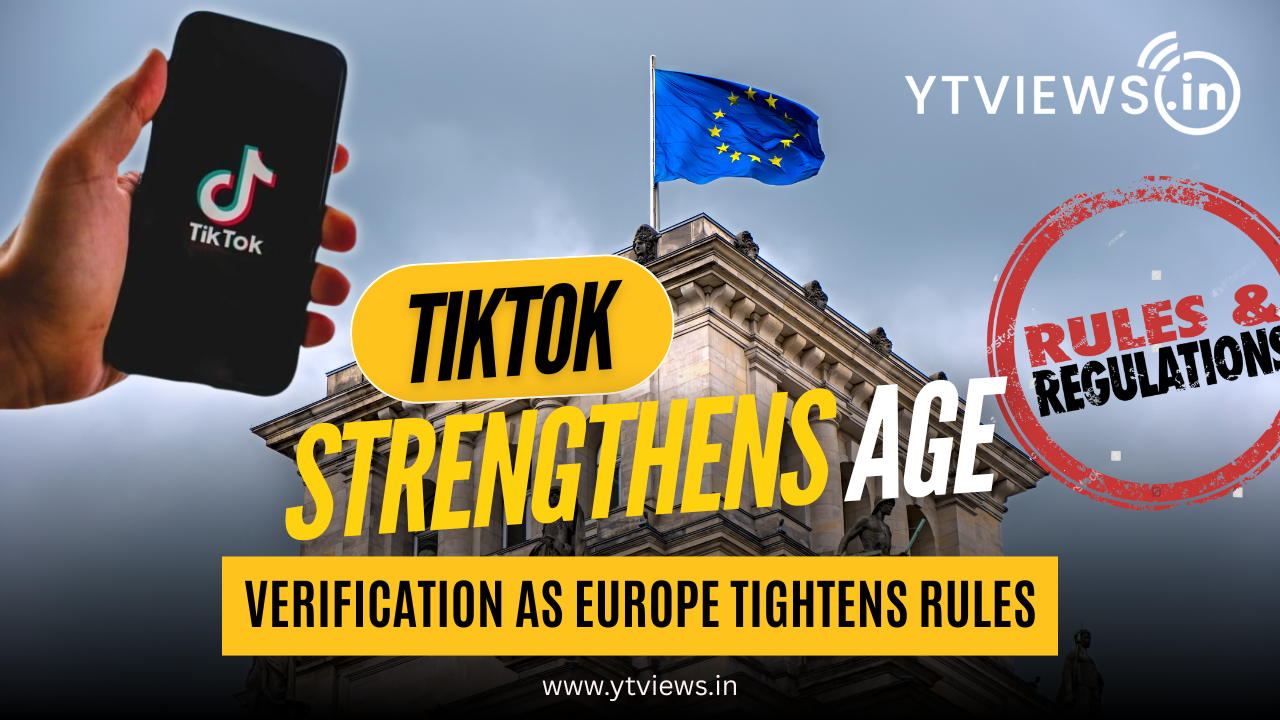
TikTok Steps Up Age Checks as Europe Tightens the Rules

Elon Musk’s X: $1 Million Prize for Top Long Form Article


































